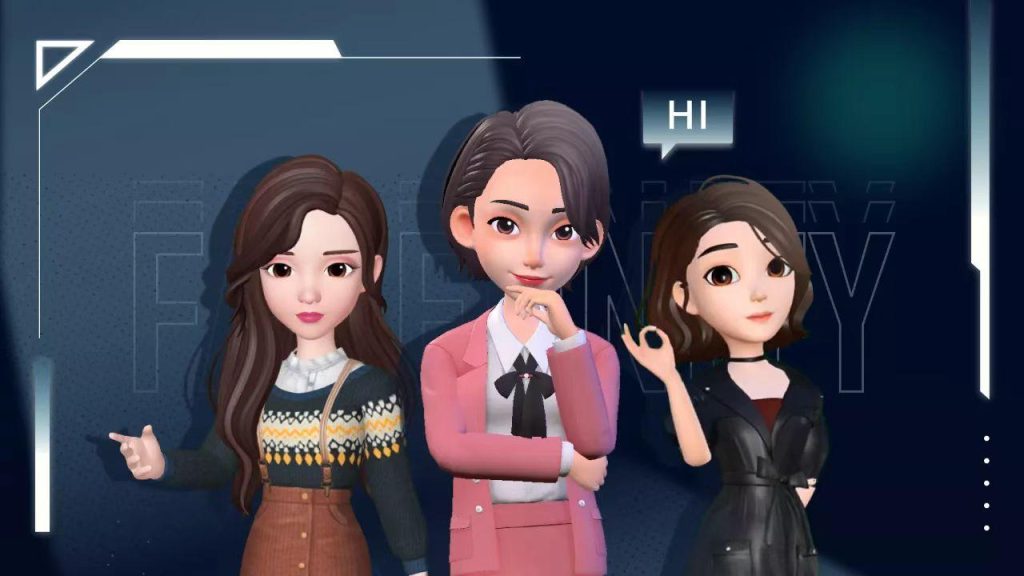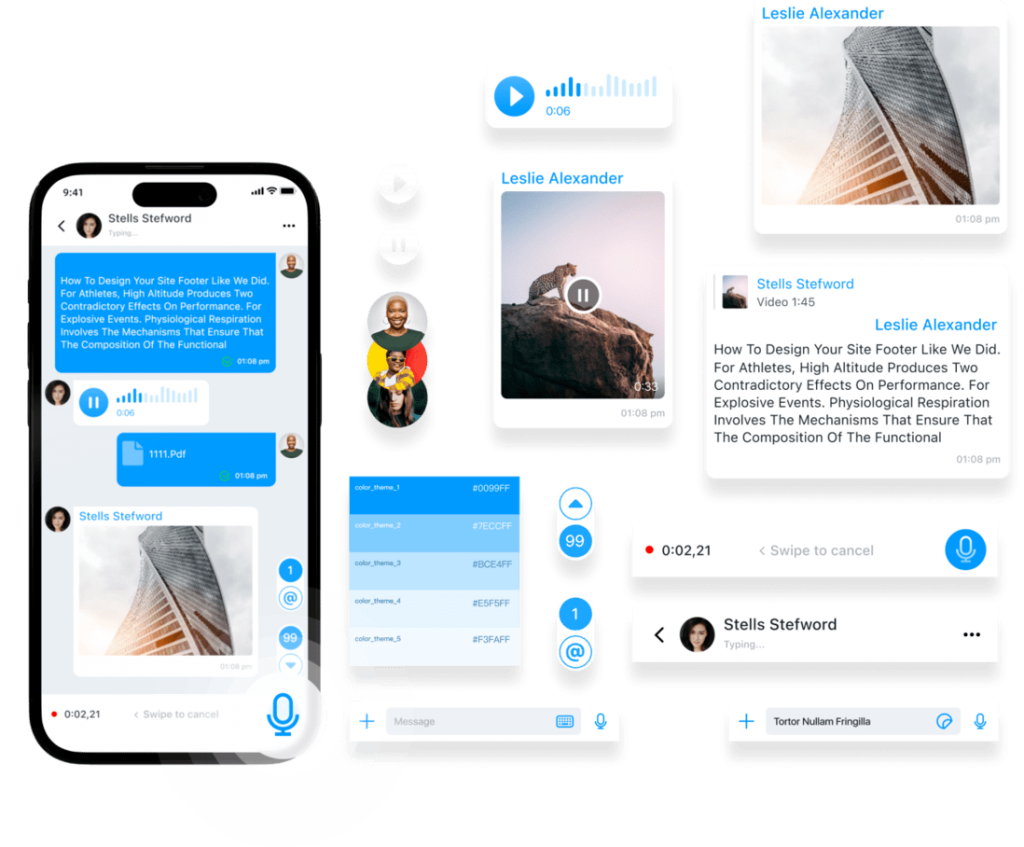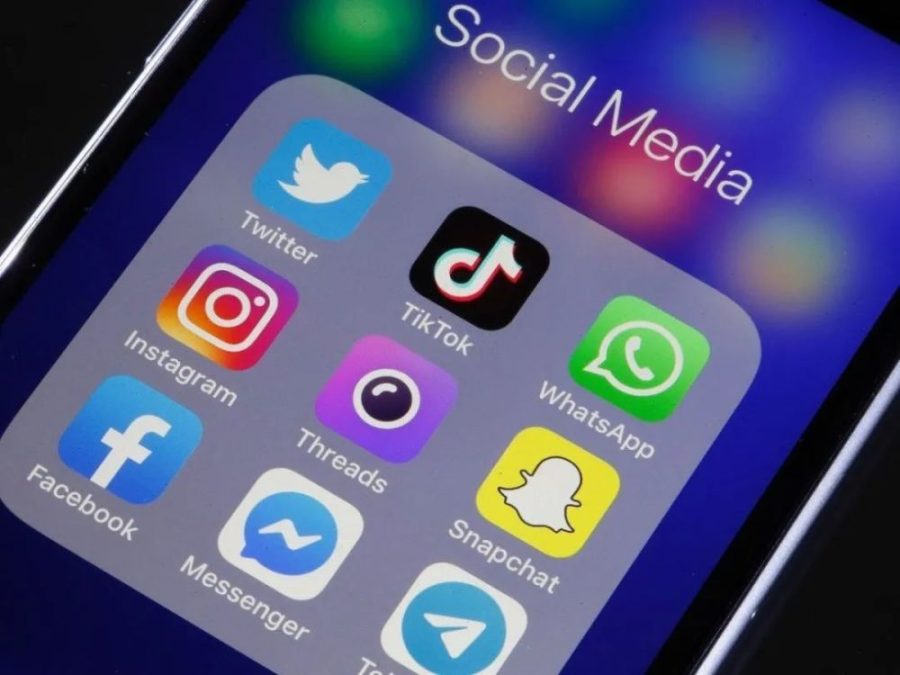In the digital age, identity has become more fluid, multidimensional, and curated. Whereas conventionally held notions about identity are moulded through face-to-face contact, community, and personal experience, digital identity rests on a landscape of social media platforms, virtual communities, and virtual presentations. This new context allows people to present their selves in ways that transcend the physical and functionally blend the real and aspired with the performative. It also provokes questions about authenticity, the effects of technology on self-concept, and how virtual spaces shape one’s self-concept.
One of the most prominent influences on digital identity is social media. Instagram, Twitter, and TikTok-social media sites have become echo chambers where people can present carefully curated aspects of their lives that reflect how others perceive them. It offers many opportunities for users to put their best foot forward, thus idealizing the self (Feher, 2021). Pursuing likes, shares, and followers can take it even one step further, as a user might focus only on that part of their identity that garners the most likes or other forms of engagement, sometimes at the cost of authenticity (Majeed et al., 2020). This has created the “highlight reel” of other people’s lives, where only the most flattering aspects are shown, and to which one then compares, sometimes with effects on self-esteem and personal identity.


Besides social media, online communities introduce a new space to experiment with identity. In these virtual space platforms, such as Reddit, gaming communities, and interest-based forums, individuals can work out their identity among others with similar interests, often without the burden of their real-life identity (Majeed et al., 2020). In this manner, people can play with their personalities or identities that they feel uncomfortable showing offline. The ease of flexibility allows trying different versions of self-easy in a safe place for growth and personal understanding. At the same time, it is likely to develop a fragmented identity, which occurs when individuals switch between several selves appropriate for different contexts.
Identity construction within a digital world is complex; it is a lifelong process that people negotiate in life. Where digital spaces avow sites of experimentation and creativity, they equally demand critical reflection and reflexive practice to guarantee the continuity of a coherent and authentic self. With an understanding of these forces of shaping digital identity, we work toward balance, allowing us to rejoice in the benefits of digital expression while anchoring our identity into personal values and worldly experiences. Our digital world will grow even further, but we can work on being more mindful to amplify, and not diminish, how well we know ourselves.
Reference
Feher, K. (2021). Digital identity and the online self: Footprint strategies–An exploratory and comparative research study. Journal of information science, 47(2), 192-205.
Majeed, M. M. F., Adisaputera, A., & Ridwan, M. (2020). Digital Identity. Konfrontasi: Jurnal Kultural, Ekonomi Dan Perubahan Sosial, 7(4), 246-252.n


Hi Xinyi, I noticed that you mentioned about different digital content creates different identities. You have described the role of social media in the digital age, and mentioned the concept of “idealized self-presentation,” which is very interesting. When thinking about social media, have you ever considered the problem of alienation that social media can cause for users? Have you ever felt that you were being manipulated by the digital world while using it?
Thanks for your comment. I think the sense of alienation is like the disadvantage of social media, some people are addicted to the virtual world online, over-reliance on social media, lack of communication with the real world, which is likely to lead to people’s sense of alienation. It is difficult to distinguish between true and false in the network world, and we should treat it rationally and consciously control ourselves not to indulge in it.
To be honest, I have also been affected by public opinion, under the extreme language of netizens, I have also been taken in the wrong direction, to question, deny her family, only rely on the “victim” word, and then find out how irrational they are.
Hi Xinyi, I really like the article you wrote. I think your article explores the multidimensional and fluid nature of identity in the digital age, and also reveals how social media and virtual communities affect individuals’ self-awareness. The author points out that the “highlight moments” on social media can lead people to display idealized selves, potentially compromising authenticity and affecting self-esteem and identity. At the same time, virtual communities provide a space for people to experiment with identities, but may lead to identity fragmentation. This article emphasizes the importance of maintaining consistency and authenticity in the digital space.